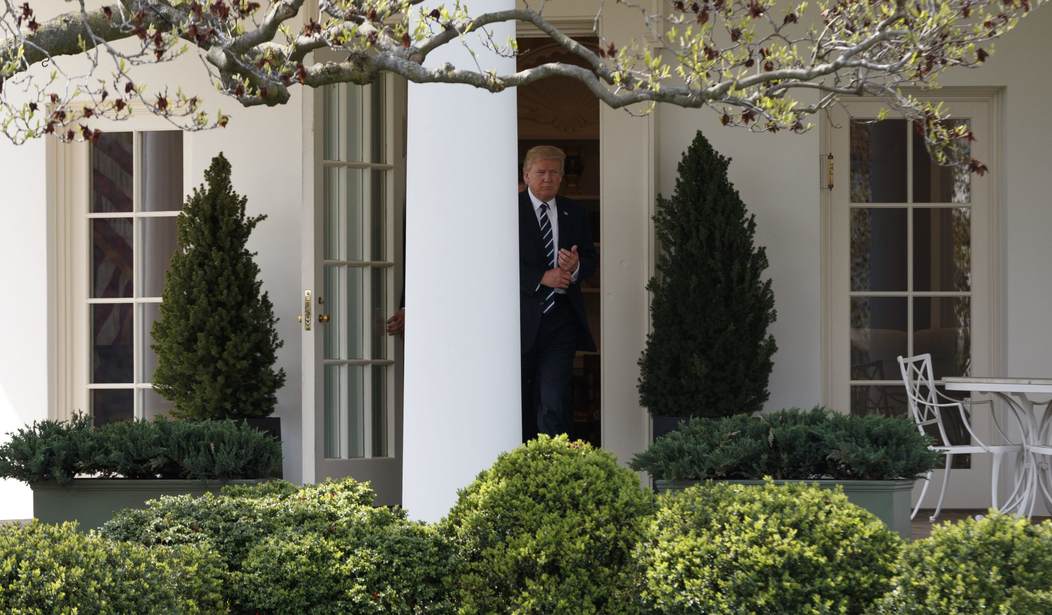WASHINGTON – In order to streamline the permitting process for small businesses, the executive branch should have the authority to resolve environmental and other disputes, a policy consultant told a House panel on Wednesday.
Disputes are currently resolved by a 16-agency steering committee, and the permitting process for complex projects can sometimes take five to 10 years. Germany provides an example of a one-stop shop that has ultimate authority over regulatory disputes for permitting, and it issues permits for complex projects within one to two years.
Philip K. Howard, senior counsel for Common Good, a nonpartisan policy consultant that offers advice on simplifying federal government operations, noted that Germany is considered a “greener” country than the U.S. He said without one central authority deciding permit disputes, the process devolves into a form of chaos and anarchy. With the current system, there are exorbitant permitting costs, he added.
The Competitive Enterprise Institute estimates the cost to U.S. businesses for regulations is approaching $2 trillion per year.
“Without that authority, what you get is bickering between Fish and Wildlife and the (U.S. Army) Corps of Engineers that can take years,” Howard told members of the House Committee on Small Business during a hearing on cutting red tape. “The laws are so dense that the president of the United States does not have the authority right now to resolve those disagreements.”
Howard has consulted the past four presidents on simplifying and streamlining government operations. He worked with the Clinton administration on an effort in reinventing and streamlining government, known as the National Partnership for Reinventing Government. Rep. Rod Blum (R-Iowa) asked Howard: “Is this the government that ya’ll invented?”
“No, they invented the government before,” Howard said. “(The Clinton administration) just didn’t succeed in reinventing it.”
He suggested that dispute authority be reallocated to the White House or a governing body under the executive branch’s purview, with checks and balances assigned by Congress.
“Today the authority is even. Every agency is equal to every other agency. They’re each complying with their own regulations,” he said. “They each have their own goals, and that’s why it takes months and years to get really obvious approvals often.”
Margot Dorfman, CEO of the U.S. Women’s Chamber of Commerce, noted that large corporations have been known to use burdensome regulations as a means for gaining market advantage, as large businesses typically have teams with extensive legal support.
“Federal regulations are created to implement our laws, typically for the purpose of protecting public health and safety, and increasing or approximating competition where markets are inadequate,” she told the panel. “Sometimes the reverse is true.”
Howard’s suggestion was included in Common Good’s recommendations for amending the Fixing America’s Surface Transportation Act, a piece of legislation partly aimed at streamlining transportation projects. The bill, signed into law by President Obama in 2015, authorizes $305 billion through 2020 for highways, highway and motor vehicle safety, public transportation, motor carrier safety, technology, statistics programs and hazardous materials safety, rail and research.
Rep. Blaine Luetkemeyer (R-Mo.) voiced support for the Small Business Regulatory Flexibility Improvements Act, a bill introduced by Chairman Steve Chabot (R-Ohio) in 2015. The legislation would allow small businesses greater regulatory input on the economic impacts that rules have on small businesses. A companion bill passed in the Senate recently on a party-line vote and awaits consideration in the House. The legislation would amend the Regulatory Flexibility Act of 1980, which dictates that agencies consider regulatory impacts on small business and weigh alternative measures.
“It’s vitally important to be able to have small businesses at the table, people who are going to be directly affected by these regulations to at least have input or say in how these regulations are developed,” Luetkemeyer said.









Join the conversation as a VIP Member